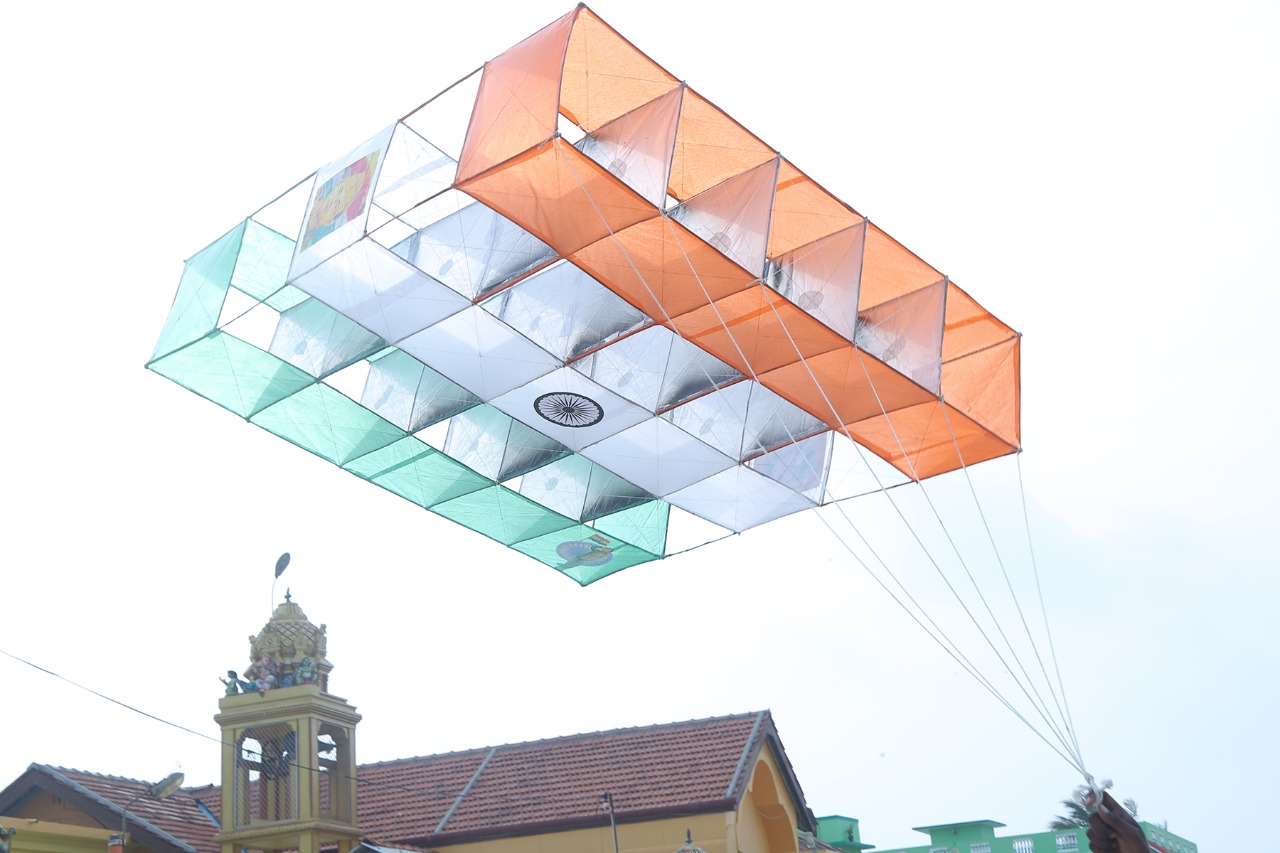Sri Lanka will call for fresh bids to select a service provider to print Unique Digital Identity Cards by the end of this year and hopes to choose the tender winner by the first quarter of next year, Technology Minister Kanaka Herath said.
The call for fresh bids comes after President Ranil Wickremesinghe’s government disqualified the two Indian bidders Madras Security Printers (MSP) and Protein Technologies which tendered in the previous bidding process.
“There were two bidders from India. None of them qualified,” Herath told reporters in Colombo at a media briefing on Monday.
“We had a JPMC (Joint Project Monitoring Committee) meeting last week and what we have decided is to advertise it again,” he said.
“So most probably at the end of this year we will be able to advertise and we will be able to select a bidder most probably in the first quarter of next year.”
Two top state officials have said the government was under “external pressure” to select Madras Security Printers, a company now being alleged of malpractices in several other countries.
Madras Security Printers won the tender to print revenue stickers for bottles of alcohol early this year, but its credibility has been questioned after a massive scam with forged stickers.
Some security analysts have raised concern over data privacy with Indian companies being selected to print the IDs.
However, Minister Herath has said Sri Lanka has already taken measures to ensure the digital security of the IDs.
India has already given an advance aid of 450 million Indian rupees to President Wickremesinghe’s government to fund the digital ID project, which aims to collect biographic and biometric information, including facial, iris, and fingerprint data.
The project is expected to store the personal data of every individual in a centralized system to issue identification cards as per the standards set by the International Civil Aviation Organization (ICAO), government officials have said, to effective and efficient delivery of government services, financial inclusion, and poverty reduction.
The project is being seriously considered to fast track to boost the tax revenue in bankruptcy declared by Sri Lanka with sovereign debt default.
“It will take time,” Herath said when he was asked when people will have their unique digital ID in their hands.
“First of all, you have to have the system and then you have to capture data. These are all in biometrics. It will take at least one-an-a-half year. “
“What we are trying to do now is to parallelly to capture data as well as to collect data.”


